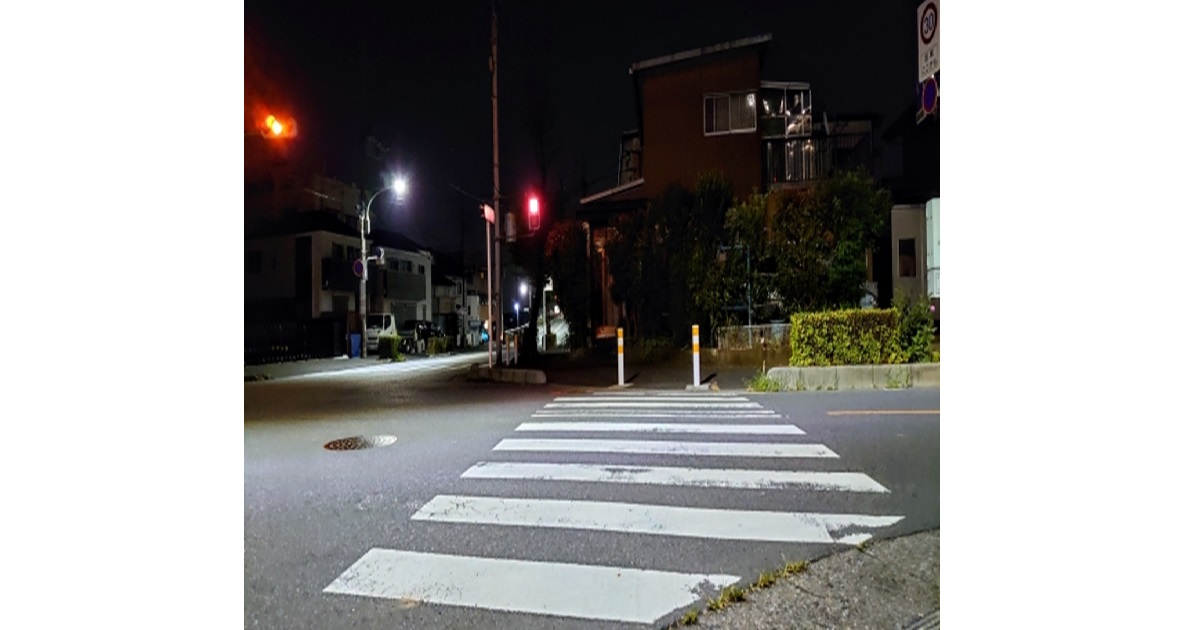You’ve probably heard it a thousand times.
“Japan is the safest country in the world.”
You can leave your wallet on a park bench and come back an hour later to find it untouched.
Children ride the subway by themselves.
People nap on trains with their phones sitting on their laps.
As a Japanese person who has lived abroad, I can tell you that in many ways, this is absolutely true.
The level of public safety from things like theft and violent crime is something that still amazes me when I return home.
But is it a perfect, crime-free paradise?
Is it completely safe?
My honest answer is: Yes, but it’s complicated.
And understanding that complication is the key to having a truly safe trip.
“Heaven and Hell”: The Two Sides of Safety in Japan
The “Heaven” Part: Safety from Physical Crime
Let’s talk about the good stuff first, because it is truly remarkable.
The chances of you being a victim of a violent crime like a robbery or assault are astronomically low.
It’s a level of safety that is almost unimaginable in many other countries.
Losing things is a great example.
If you lose your wallet in Japan, your biggest problem is not that the money will be stolen; it’s the hassle of going to the police station to pick it up.
Because it will almost certainly be turned in with all the cash still inside.
This is the “heaven” part.
You can walk around most places, even at night, without the constant fear of physical danger.
It’s incredibly liberating.
The “Hell” Part: Safety from Social & Financial Scams
However, Japan is not free from crime.
The dangers here are just more subtle.
They are less about physical violence and more about social and financial traps, especially in major nightlife districts.
My Warning: Be extremely cautious in places like Kabukicho in Shinjuku, or Roppongi at night.
This is where you might encounter issues like:
“Bottakuri” Bars (Rip-off Bars): Friendly people on the street invite you into a bar for a cheap drink. You have one drink, and then they present you with an astronomical bill for thousands of yen in hidden charges. You are often intimidated into paying.
Drink Spiking: While rare, there have been reports of tourists having their drinks spiked in certain nightlife areas, only to wake up with their credit cards maxed out.
Chikan (Groping on Trains): This is a serious problem, particularly for women on packed rush-hour trains. It’s a disgusting crime that unfortunately still happens.
These are the things that many guidebooks don’t talk about.
Japan is safe from theft, but it is not always safe from deception.
My Advice: Your Safest Journey Starts at the Airport
So how do you stay safe?
By being aware.
And by making smart choices, especially when you are most vulnerable.
One of the most vulnerable times for any traveler is right after you land.
You’re tired, you have heavy luggage, and you don’t know your way around.
Navigating a complex train system late at night in this state can be stressful and is one of the few times you might become an easy target.
This is why I often recommend pre-booking an airport transfer service.
A limousine bus or a shared shuttle can take you directly to your hotel door, safely and without stress.
It’s a smart investment in your peace of mind.
Your safety is worth it.
My Final Word: Be Relaxed, But Not Reckless
Please don’t let this scare you.
Japan is, overall, an incredibly safe and wonderful place to travel.
99.9% of your time here will be perfectly fine.
My point is that “safe” does not mean “perfect.”
Enjoy the freedom that Japan’s public safety offers.
Feel relaxed.
But don’t be reckless.
Just like anywhere else in the world, be aware of your surroundings, trust your instincts, and you will have an amazing and, most importantly, safe trip.
You Might Also Like
Being aware of social rules is a big part of staying safe.
One of the most important unspoken rules is how to behave on Japan’s incredibly quiet trains.
The Unspoken Rules of Japanese Trains: Why They Are So Quiet




